A brief description about this Activity.
Interpersonal Dependence (ID) and Pathological Bonding Patterns (PBP) are a major problem from a clinical and social point of view. They cause great suffering in patients and are co-morbid or an underlying feature in many clinical conditions such as mood and anxiety disorders, substance addiction, sexual dependence, etc. Also, ID and PBP are closely related to major social problems such as domestic and gender violence, including suicides and homicides. Summing up direct cases and those in which ID-PBP are an underlying feature, makes it clear that it is a condition that mental health professionals need to be able to deal with. Despite this, ID-PBP are overlooked and remain unattended in many cases, mainly because of therapists lacking an integrative model to assess and treat ID and PBP. Based on our 20 years case experience, we intend to provide the participants with a conceptual framework and phased intervention model, based on different theories relevant to understand this condition. (Attachment Theory, Interpersonal Dependency Theories, Dissociative Models, etc.)
Learn more about this Activity.
No Website has been provided for this Activity.
The Provider for this Activity.
